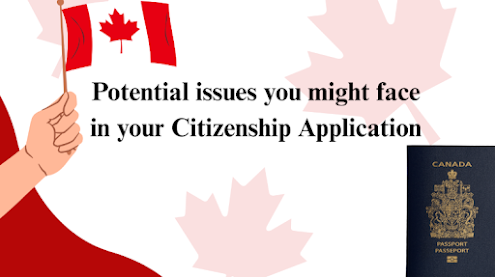Immigration Policies for the 2025 Election| Know about RCIP PR Program| Priority Sectors Revealed for New Permanent Residence Pathway in Sault Ste. Marie and Brandon| Can you work after submtting PGWP application| Understanding Your Canadian Citizenship Journey|
Comparing Liberal and Conservative Immigration Policies for the 2025 Election
RCIP PR Program - Good News? Watch NOW!!!!
Watch the full video here to know more details about this program.
Federal Delay Leaves “Lost Canadians” in Legal Limbo
The Ontario Superior Court has granted the federal government until November 20 to amend the Citizenship Act’s first-generation limit (FGL), a rule found unconstitutional in 2023. The FGL prevents children born abroad from inheriting Canadian citizenship if their only Canadian parent is also a citizen by descent.
Though the government introduced Bill C-71 to resolve this with a “substantial connection” test, the bill died when Parliament was prorogued in January 2025. Judge Jasmine Akbarali, acknowledging ongoing rights violations, extended the deadline again, urging the next government to act promptly. Interim measures now allow affected individuals to apply for discretionary citizenship grants, but these are not permanent fixes.
If no legislation is passed by the new deadline, the Court may render the FGL inoperative. Akbarali emphasized the public’s right to constitutional laws and Parliament’s duty to prioritize remedial legislation. A new bill is expected after the April 28 election.
Can you work while waiting for your PGWP? Watch NOW!!!!
We know many of you have questions about working in Canada after graduation, especially while waiting for your Post-Graduation Work Permit (PGWP) to be approved. That’s why our Regulated Canadian Immigration Consultant (RCIC) has created a helpful new video to guide you through this important stage.
In this video, you’ll learn about the latest eligibility rules, what types of work are allowed, and how to avoid mistakes that could impact your status. Whether you're about to graduate or have already applied for your PGWP, this video is a must-watch!
Watch it now here and get the clarity you need in just a few minutes.
Don’t forget to like, comment, and subscribe to stay updated on everything that is immigration-related!






Comments
Post a Comment